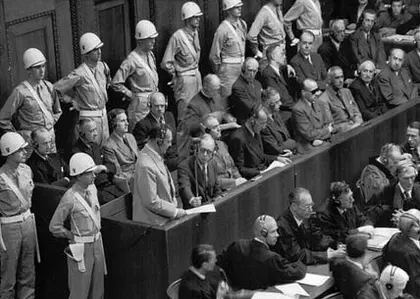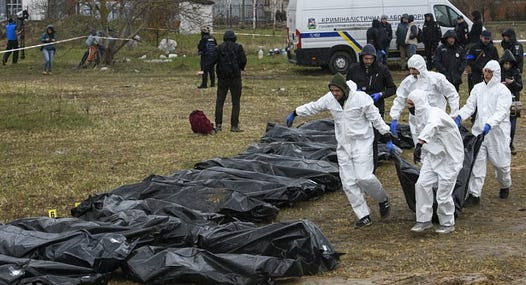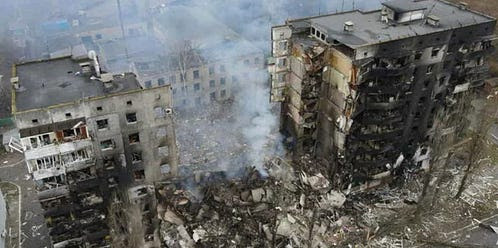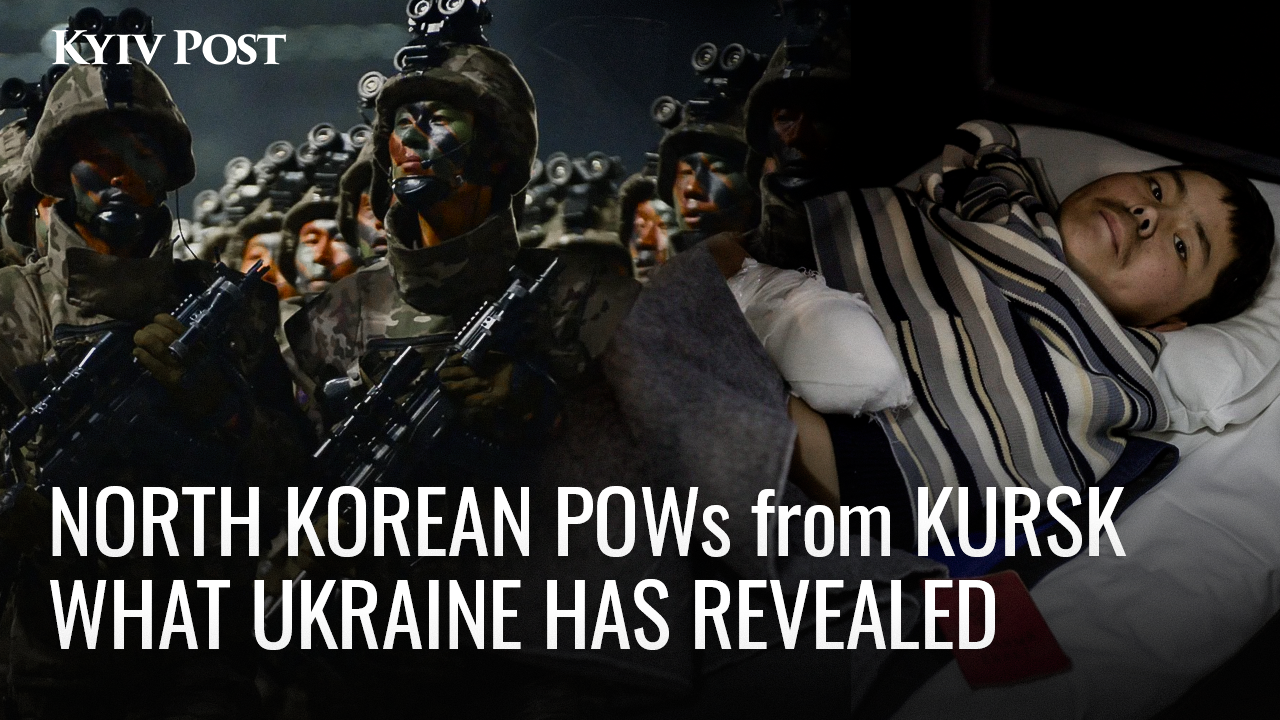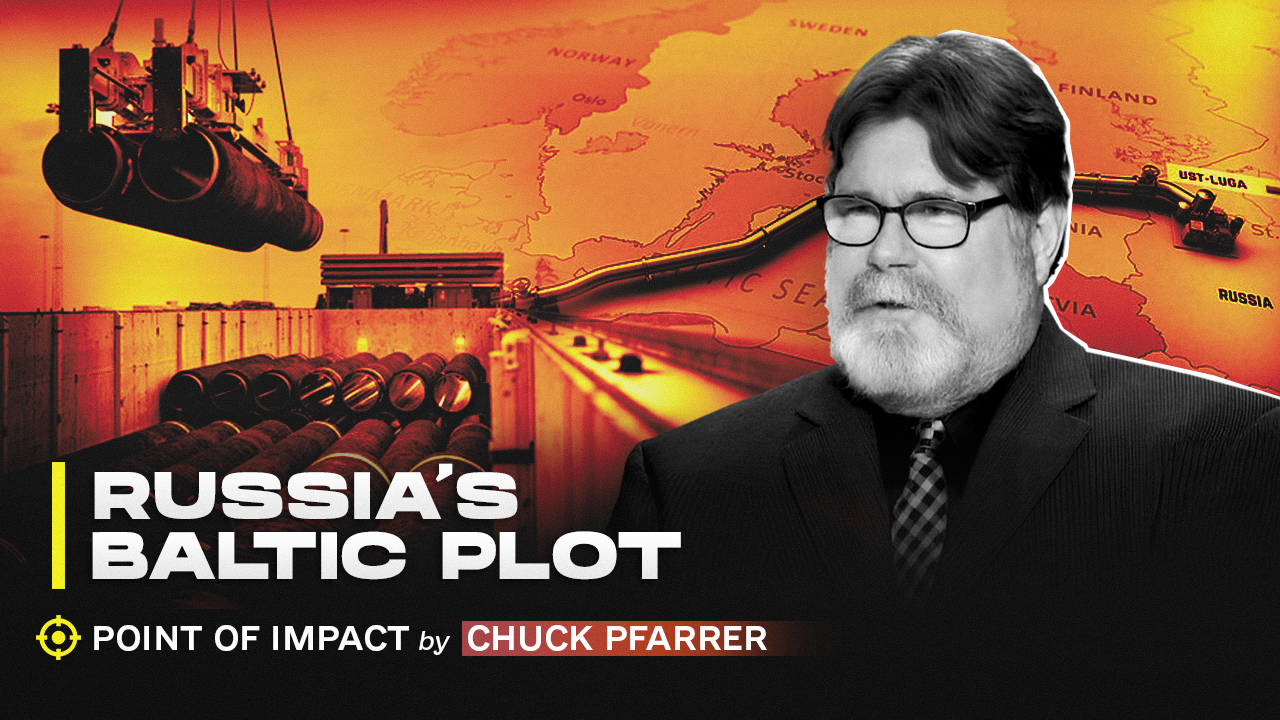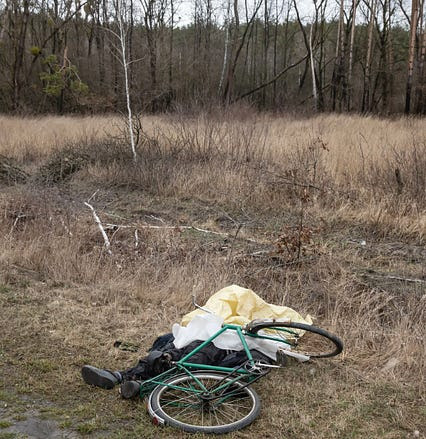On Nov. 15, Ukrainian President Volodymyr Zelensky presented a sensible 10-point peace plan to G20 leaders. Hours later, Putin responded by launching 100 missiles at Ukrainian cities to further destroy their critical infrastructure. His aerial blitzkreig has continued as Ukraine continues to rack up battlefield successes, clawing back occupied lands.
JOIN US ON TELEGRAM
Follow our coverage of the war on the @Kyivpost_official.
But in 2023, Putin plans a major ground offensive by throwing waves of ill-trained and press-ganged Russian cannon fodder at Ukraine’s armed forces. Such a looming escalation has led many to try and get Putin to the negotiating table, but this won’t work. He sees this conflict as a special operation, not a war, that has been undertaken to bring his Ukrainian “province” back in line.
This is why putting trust in talks is misguided. The only way to achieve peace is to intensify the war until Putin is defeated or removed, and his regime can be prosecuted for perpetrating war crimes, genocide, mass murder, and global terrorism.
A turning point was reached last week when Ukraine struck air bases deep inside Russia — which crossed Putin’s so-called “red line”. Ukraine took no credit, which provided America with plausible deniability, but some raised concerns in Washington and Europe that Kyiv could overplay its hand and provoke more escalatory action from Russia.

Trump Makes 90 Day Foreign Aid Freeze – Ukraine Military Support Supposedly Untouched
The attacks, however, demonstrated a new military capability, called Putin’s bluff, exposed the vulnerability of Russia’s air defenses, and briefly boosted Ukrainian morale. More Western weapons commitments followed and a spokesman with the German government fully supported the assault inside Russia. “Ukraine has a right to self-defense under Article 51 of the United Nations Charter. Ukraine is not obligated to limit defense efforts to its own territory.”
Lieutenant General Ben Hodges, former commander of the U.S. Ground Forces in Europe, believes that “Ukraine will complete the liberation of Crimea by the end of summer 2023. Ukraine has no navy, but the Russian Black Sea fleet is out of the fight except for the occasional missile.
The whole war is about Crimea and the Black Sea region. If Russia is allowed to keep any part of Crimea, Ukraine will never be fully secure or safe.”
Despite encouraging results, and continuing Ukrainian resolve, unhelpful messages are being broadcast, some generated by Russian disinformation sources or communicated by jittery westerners.
An example was when U.S. Secretary of State Anthony Biden appeared to pull the rug out from under Kyiv last week by saying that American military support is only aimed at expelling Russians out to the pre-2022 border. Pushing them out to the pre-2014 border, which includes Donbas and Crimea, is up to Ukrainians, he said, a statement that contradicts Ukraine’s stated aim to recapture all its territory, including Crimea.
France’s Emmanuel Macron and others continue to talk about backchannels and diplomatic initiatives to stop the war – or even about hinting Crimea could be a bargaining chip to get Putin to stop. But these are unhelpful, even damaging, because they embolden Putin.
Last week, CIA director Bill Burns waded in and said “most conflicts end in negotiations, but that requires a seriousness on the part of the Russians that I don’t think we see. At least, it’s not our assessment that the Russians are serious at this point about a real negotiation.”
The notion of a negotiated settlement is simply wrongheaded. Brutal wars never end with a gentlemen’s agreement or handshakes around a bargaining table.
Wars end when one side simply stops without victory, as happened in Afghanistan twice, Vietnam, and Iraq, or when one side is obliterated such as when Japan surrendered following two atomic bombs. Churchill never negotiated with Hitler.
Unfortunately, appeasers persist. Henry Kissinger, who has had a relationship with Putin for years, said in May that Putin must never be “humiliated”. Macron suggested a deal must include “security guarantees” for Russia from NATO (he’s since flip-flopped somewhat), or provide a “face-saving” exit for Putin such as allowing him to keep Crimea.
To these, Oleksiy Danilov, the secretary of Ukraine’s National Security and Defense Council, responded aptly: “Someone wants to provide security guarantees to a terrorist and killer state?” and added, referring to the postwar trial of Nazi war criminals, “instead of Nuremberg — to sign an agreement with Russia and shake hands?”
Ukrainians cannot surrender to an evil government that’s abused them for centuries and now executes a genocidal, “scorched earth” armed catastrophe. Even if Putin suddenly agreed to negotiate, but without withdrawing completely from all of Ukraine, it would only be to buy time, and never in good faith.
For instance, eight years ago, on September 2014, after grabbing Crimea and Donbas, Russia signed the “Minsk Agreement” to negotiate peace, but ignored cease fire agreements and continued to sack the territories, forcing 2.5 million Ukrainians to flee. After eight years of “negotiations”, he simply invaded again.
The lesson here is that even when allowed to keep occupied territory and negotiate, he invades again later. As Albert Einstein said “insanity is doing the same thing over and over and expecting different results”.
The only option is his defeat. Ukraine’s alliance must expedite shipments of long-range missiles, drones, tanks, ammo, and air defense systems. Sanctions must increase, and all Russian wealth abroad must be confiscated to pay the cost of the war and rebuild.
Most importantly, as the denouement nears, the “alliance” must apply severe pressure on “neutrals” and “allies” to step up for the sake of the world economy, namely Israel and India.
Whatever pain or discomfort has been applied thus far, has not chastened Putin.
When asked last week at a press conference about the massive missile war he’s inflicted against Ukraine’s infrastructure and civilian population, his comments were sardonic. “There is a lot of noise right now about our strikes against the energy infrastructure of the neighboring country. Yes, we are doing this. But who started it?”
There is no way to reason with him. Someday, there may be a role for diplomacy, but only as the clean-up crew once the shooting stops. Ukrainians know how to deal with a ruthless enemy, as did Churchill, who counselled: “This is the lesson … never give in, never give in, never, never, never, never—in nothing, great or small, large or petty—never give in except to convictions of honour and good sense. Never yield to force; never yield to the apparently overwhelming might of the enemy.”
If General Hodges is right, Ukraine will soon be able to protect its skies, destroy Russia’s supply lines, then divide Putin’s land bridge to Crimea and hold the peninsula and its forces hostage with long-range weaponry.
Putin will threaten nuclear force, and the West will respond in kind.
Then it will be checkmate.
Diane Francis Newsletter on America and the World at https://dianefrancis.substack.com/about
Reprinted with the author's permission.
The views expressed in this article are the authors and not necessarily those of Kyiv Post
You can also highlight the text and press Ctrl + Enter


